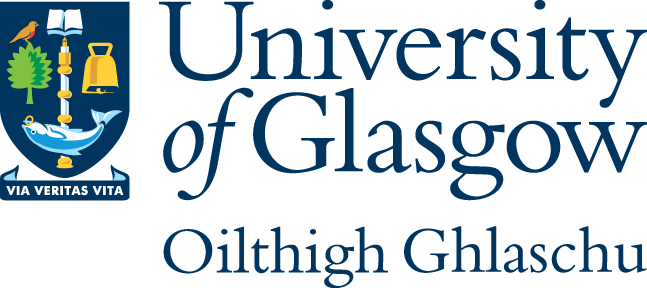Geàr-Iomradh Toraidhean na Suirbhidhe “Gàidhlig ann an Glaschu”
Anns a’ bhrath-bhloga an-diugh, sgrìobh mi air toraidhean suirbhidh “Gàidhlig ann an Glaschu,” a chaidh air bhog sa Ghiblean 2021 le taic bho Comhairle Baile Ghlaschu. Rinn Christopher Oates sgrùdadh air an dàta. Seo an dàta bhios a’ stiùireadh cho-chomhairlean Aon Ghlaschu.
For this blog post, I have written about the results of the survey “Gaelic in Glasgow” which was launched in April last year in cooperation with Glasgow City Council. Christopher Oates analysed the data. The activities of Aon Ghlaschu will be guided by this data.
Nearly 400 people living in the Greater Glasgow area responded to this survey. Over twice as many women responded to the survey than men and most participants were in 25-54 years old.
Just 25% of the survey respondents (92) grew up in a Gaelic speaking household. Just under half of the survey respondents were early-stage or intermediate learners. 41% of intermediate learners attended Gaelic events on a weekly or daily basis. However, 47% of early-stage learners only attend Gaelic events periodically throughout the year, and 18% of early-stage learners never attend.
About a third of the survey respondents identified as either native or fluent Gaelic speakers. Yet just a third of those who identified as fluent speakers grew up in a Gaelic speaking household. Fluent and native speakers were more likely to regularly attend Gaelic events than early-stage learners.
The leading challenge identified across the entire survey population was a lack of opportunities for informal usage of Gaelic. This was followed by concerns about lack of Gaelic usage by GME students and young people, and the lack of a dedicated physical space for Gaelic in the city.
The house and work were two of the most important environments where respondents spoke Gaelic. Individuals with children in Gaelic medium education schools were also much more likely to frequently speak Gaelic than those without, across all levels of proficiencies.
Learners of all levels drove the high level of concern over lack of opportunities to use Gaelic informally. Not many native speakers expressed a lack of opportunities to use Gaelic, However, they were markedly more concerned by a desire for a more active and interconnected Gaelic language community.
From this brief summary, it is clear that:
The L2 or learner community makes up a large proportion of Glasgow’s learner community.
Being a native speaker or having children in GME schools increased the likelihood that the respondent would frequently speak Gaelic.
There is a general consensus that Gaelic speakers in Glasgow want more opportunities to speak Gaelic in Glasgow, especially in informal contexts, and want feel that the Gaelic community should be more active and interconnected.
Iomadh taing do Dk Mac a' Phì, Bernadette O’Rourke, Christopher Oates, Donna NicIllEathain, Fiona Dunn, DI MacIlleDhuinn.
